DES 122 Chapter 23
1/31
There's no tags or description
Looks like no tags are added yet.
Name | Mastery | Learn | Test | Matching | Spaced | Call with Kai |
|---|
No analytics yet
Send a link to your students to track their progress
32 Terms
Realism
Painting scenes from everyday life in a naturalistic manner
Paintings in a realistic almost photographic way
Contrasted with idealism
Example: The Gleaners
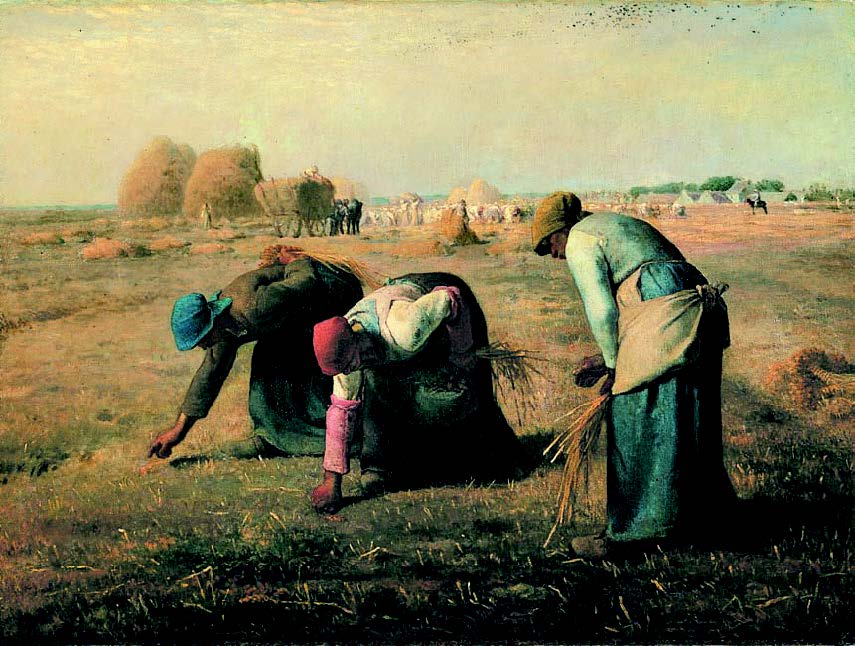
When does the industrial revolution start?
By the end of 18th century
What major change comes with industrial revolution?
Mass production
Moving from farms to cities (agricultural to industrial base)
Steam energy
Child labor
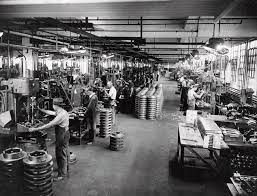
Proletariat
19th C. terms describing the landless working class
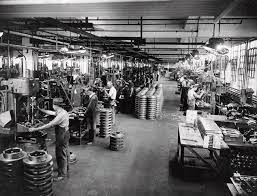
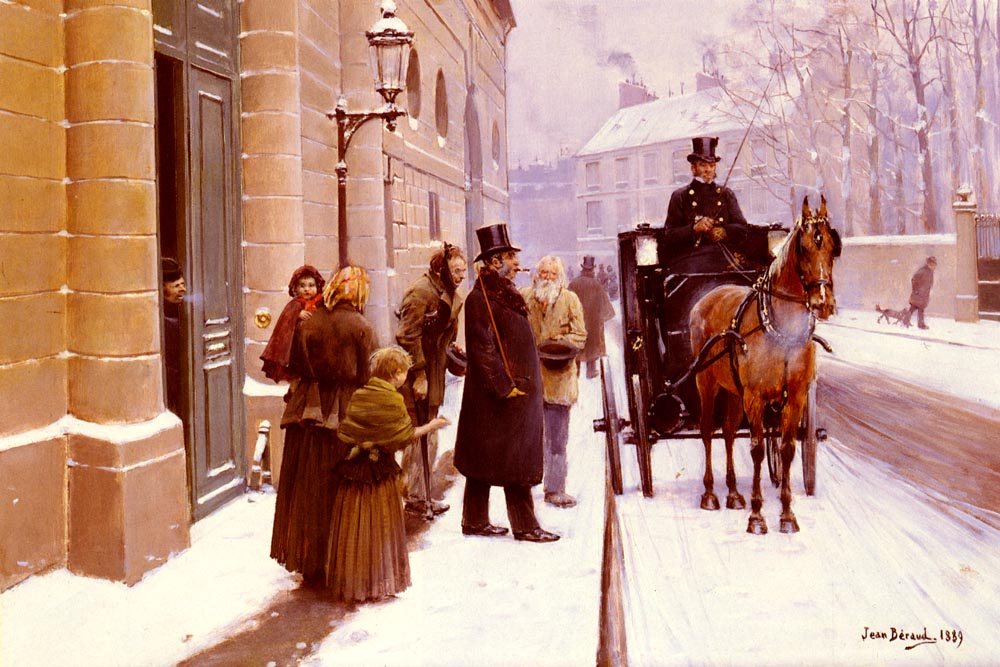
Bourgeoisie
19th C. term describing the privileged classes in society
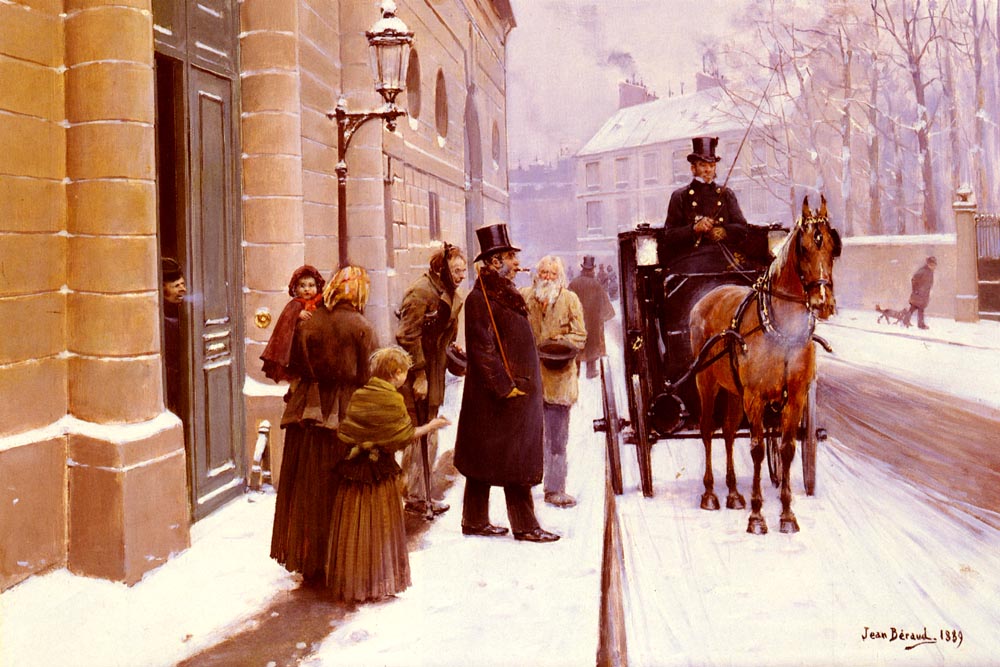
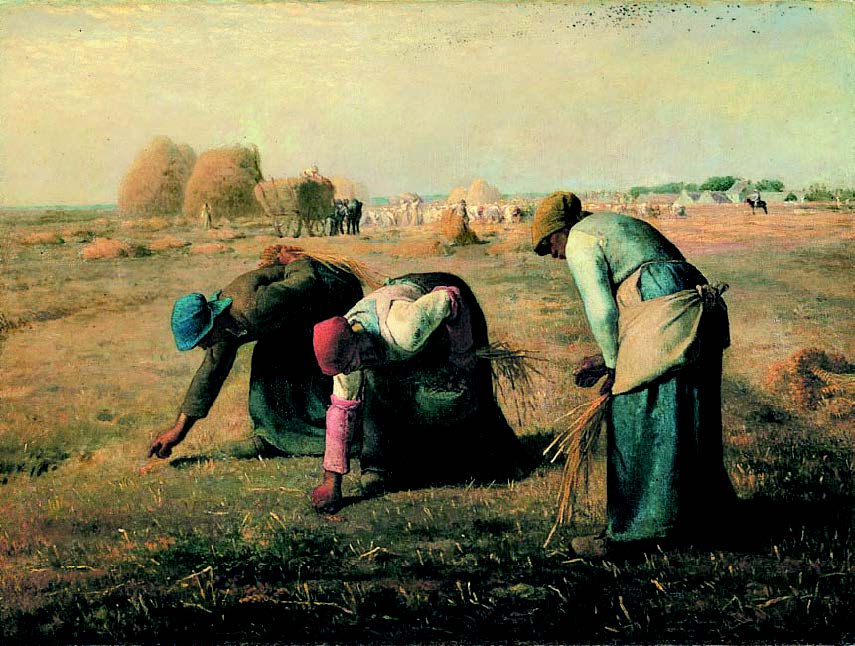
The Gleaners
Jean-François Millet
Oil on canvas
Example of realism
Monumental
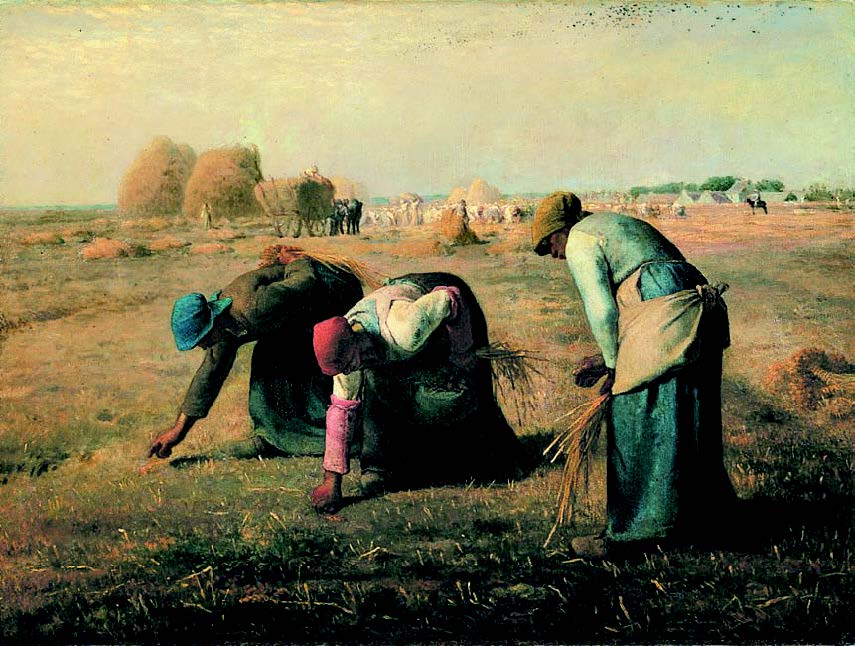
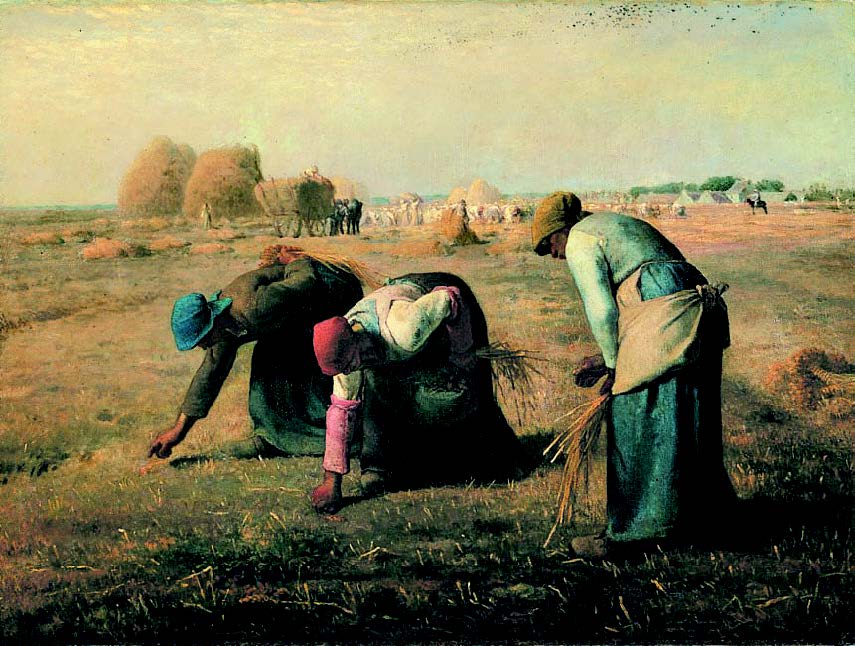
How are the figures in The Gleaners monumental/heroic?
Contrast between colours of figures and background
Two figures are foreshortened
Their faces are hidden
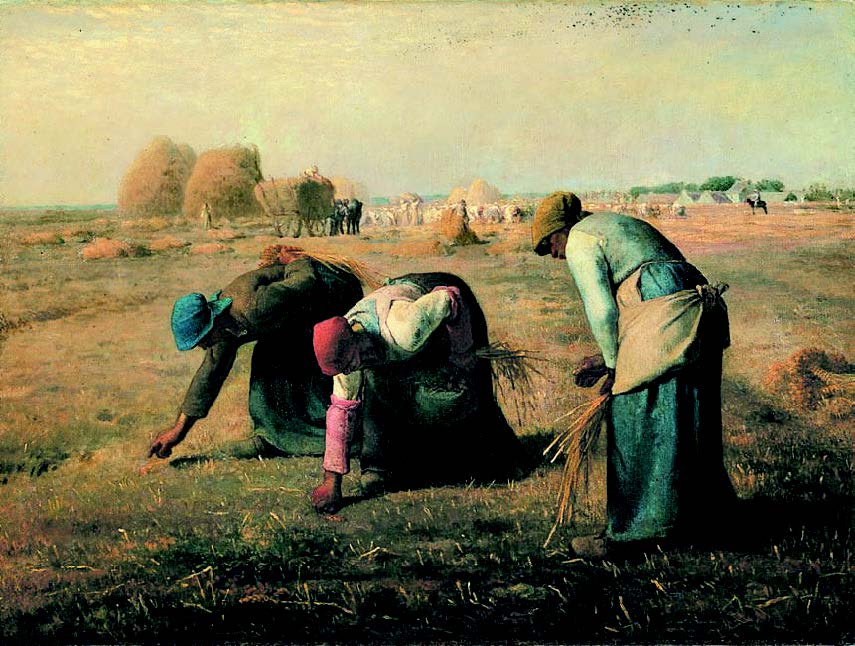
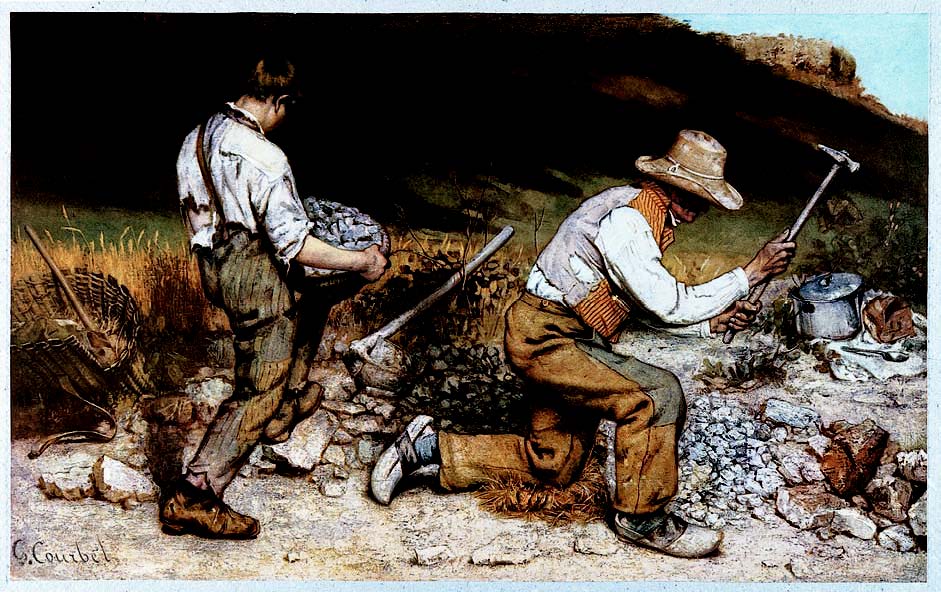
The Stone Breakers
Gustave Courbet
Oil on canvas
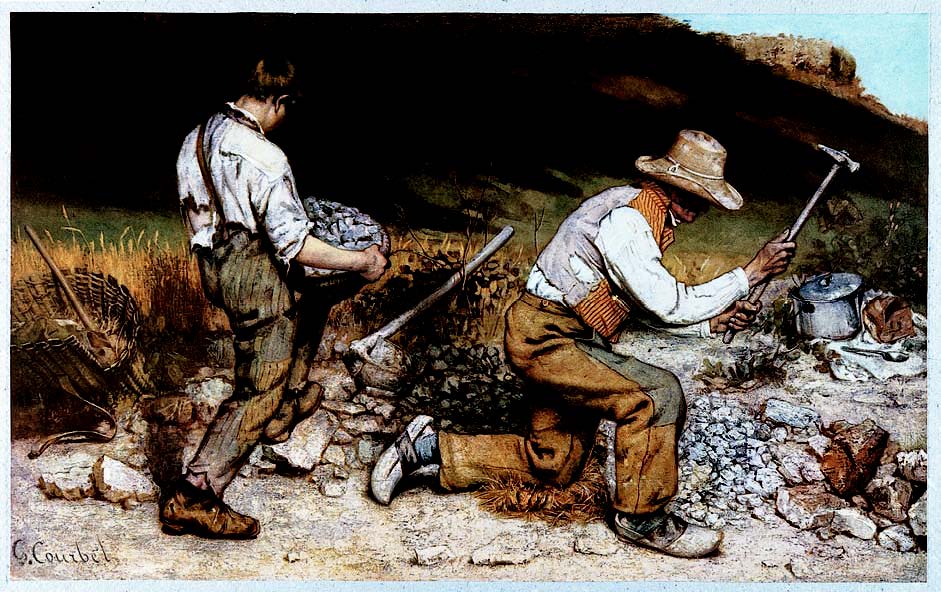
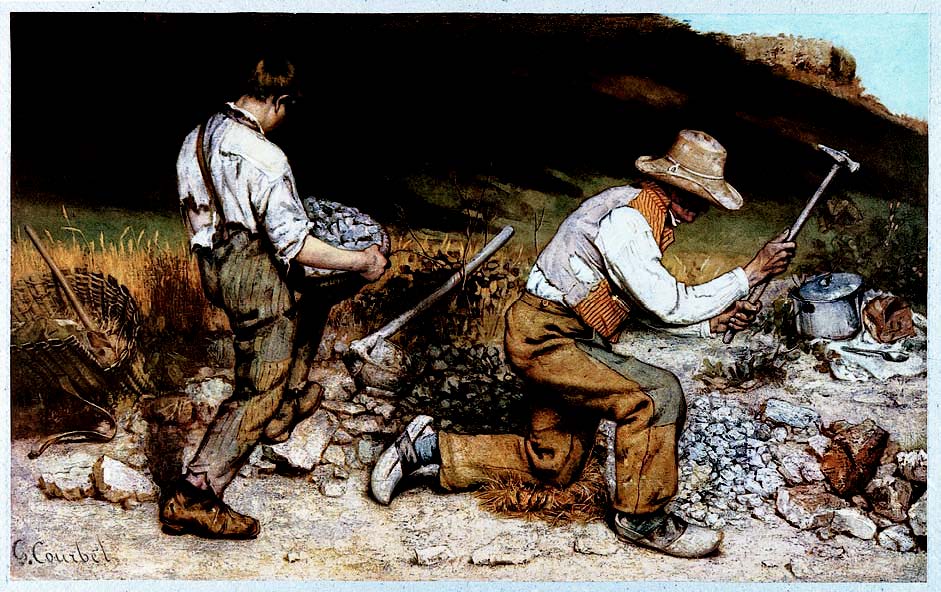
Figures in The Stone Breakers
Heroic in their humility
Show poverty of working people
Faces hidden which allies them with class of work rather than “normal” humans
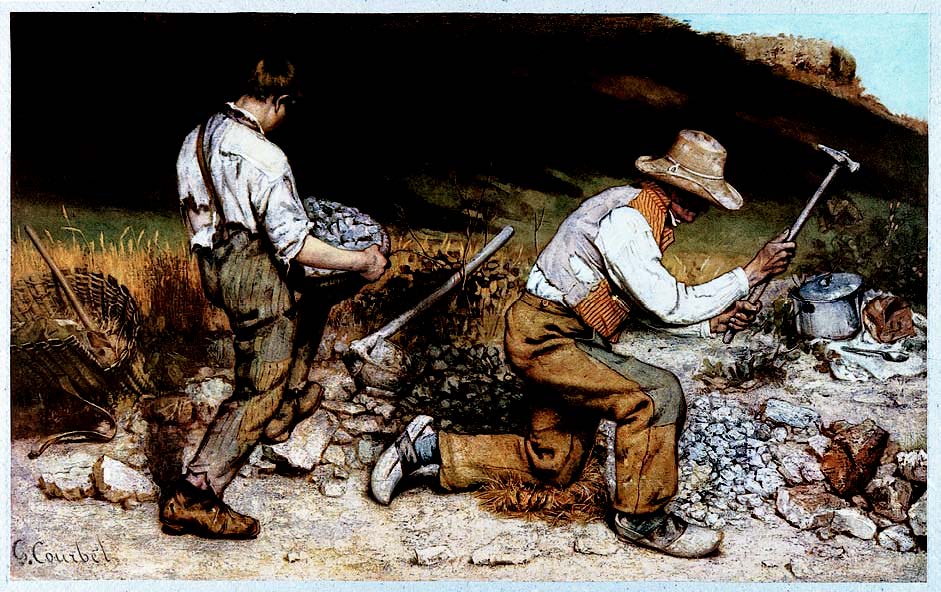
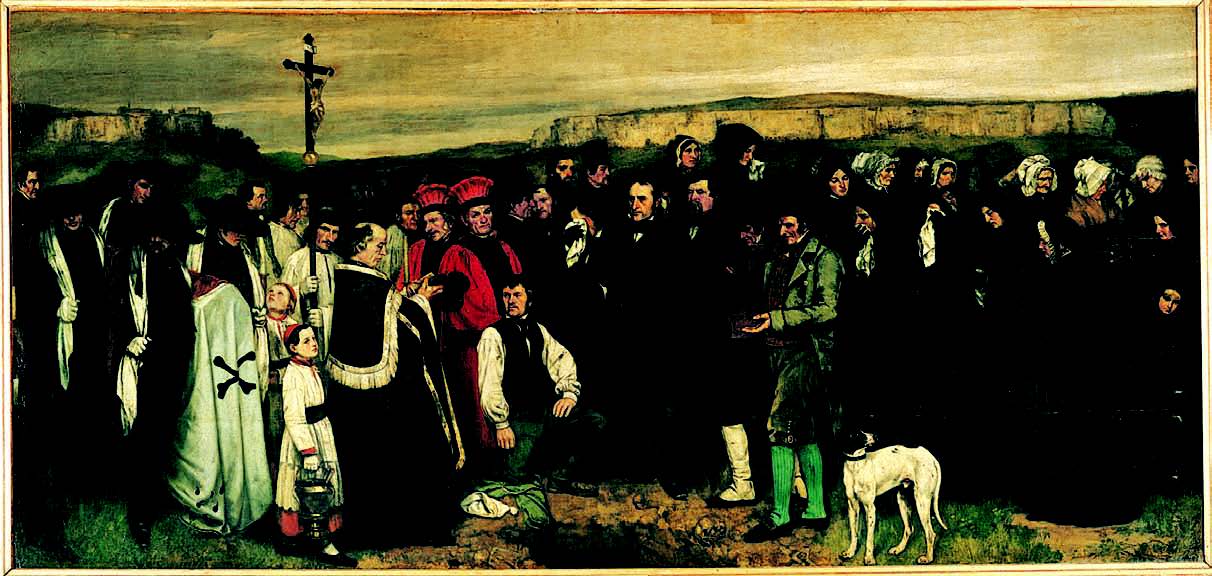
Burial at Ornans
Gustave Courbet
Oil on canvas
Big scale, so shows importance
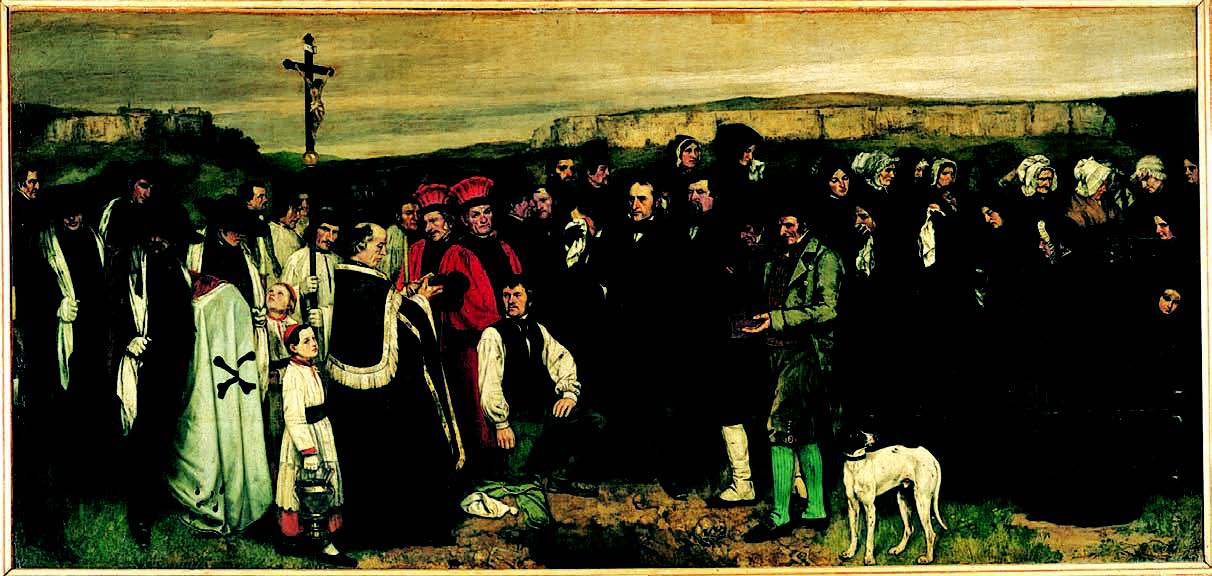
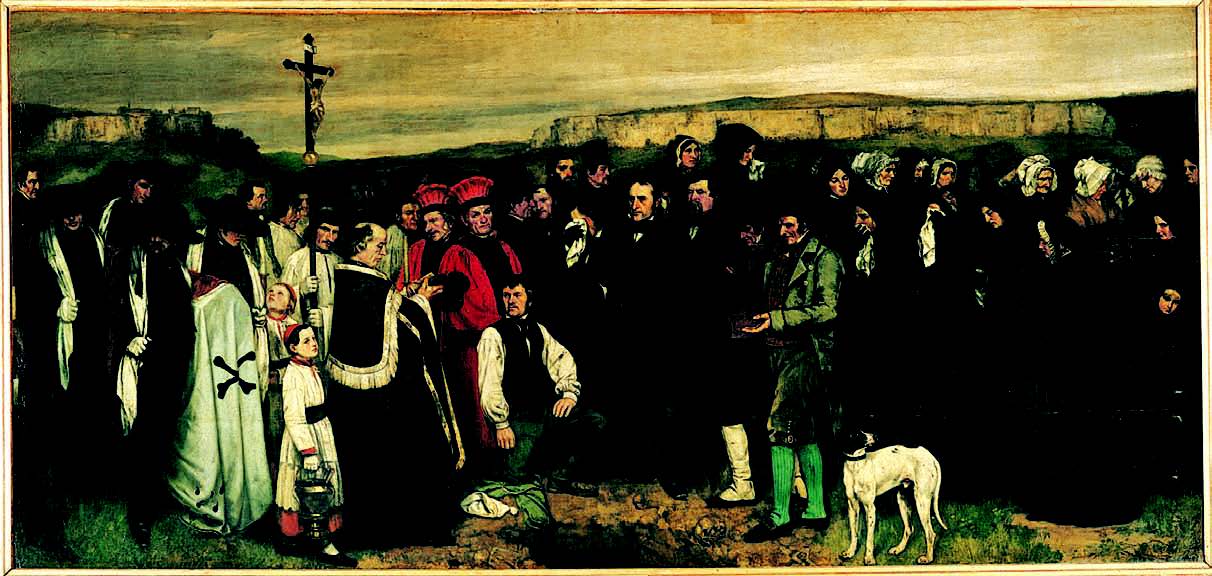
Figures in Burial at Ornans
Isocephaly: Heads almost at the same level, which conveys that they are all the same (deserve equal rights) despite their clothes
Cross is above everybody
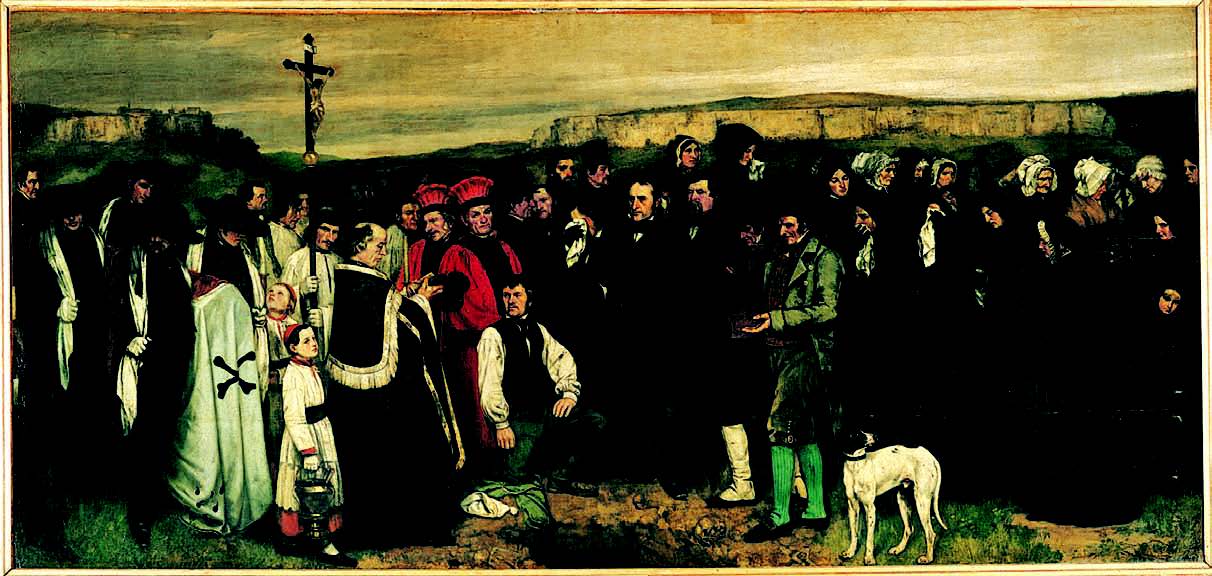
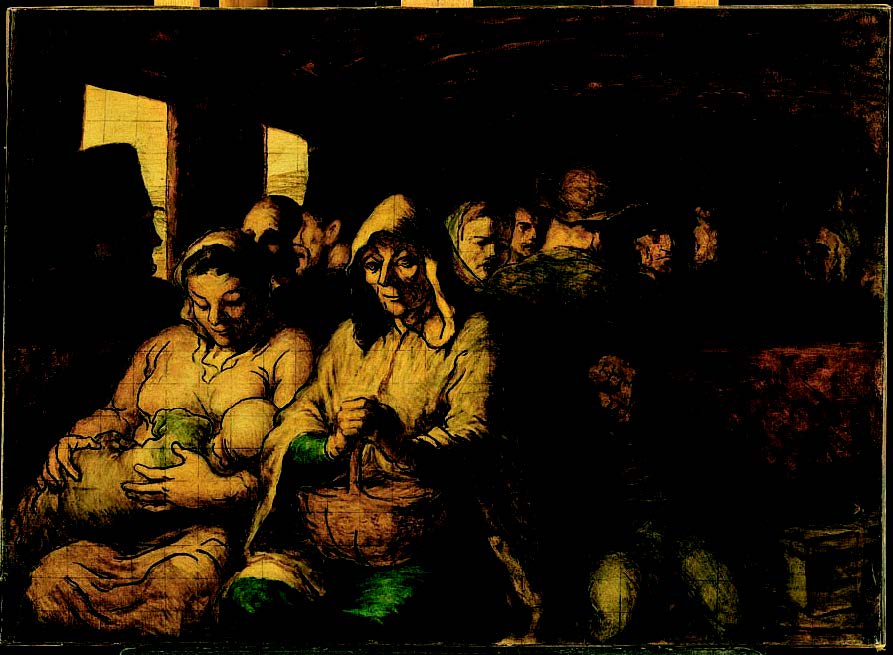
Third-Class Carriage
Honoré Daumier
Oil on canvas
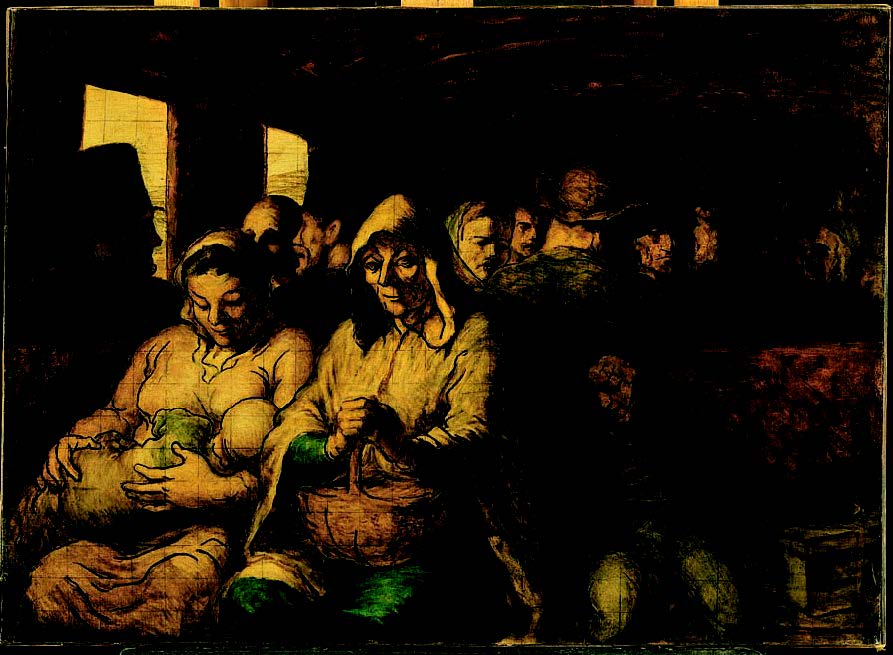
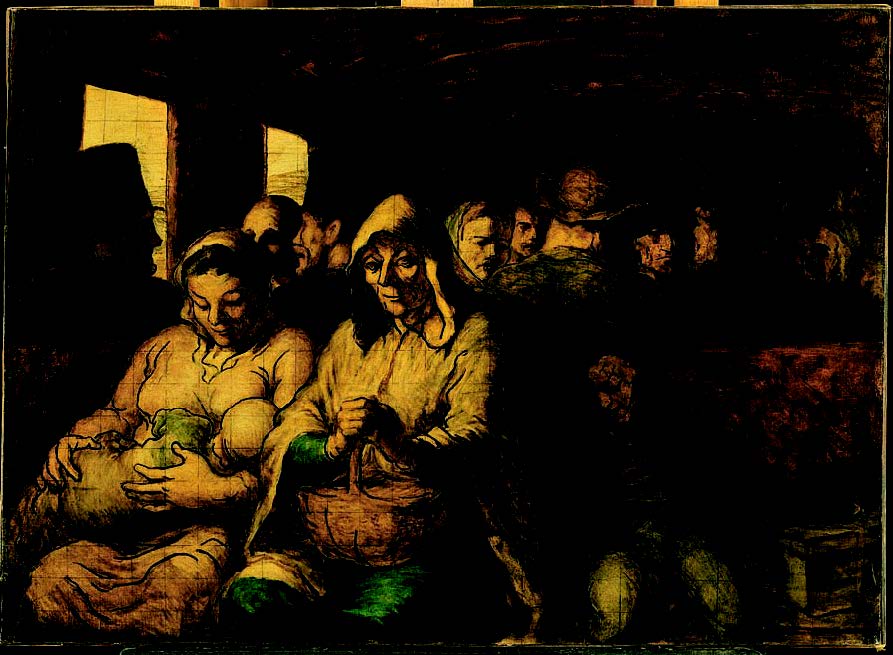
How do we know it is third class train?
It’s crowded and clustered
Wooden seats
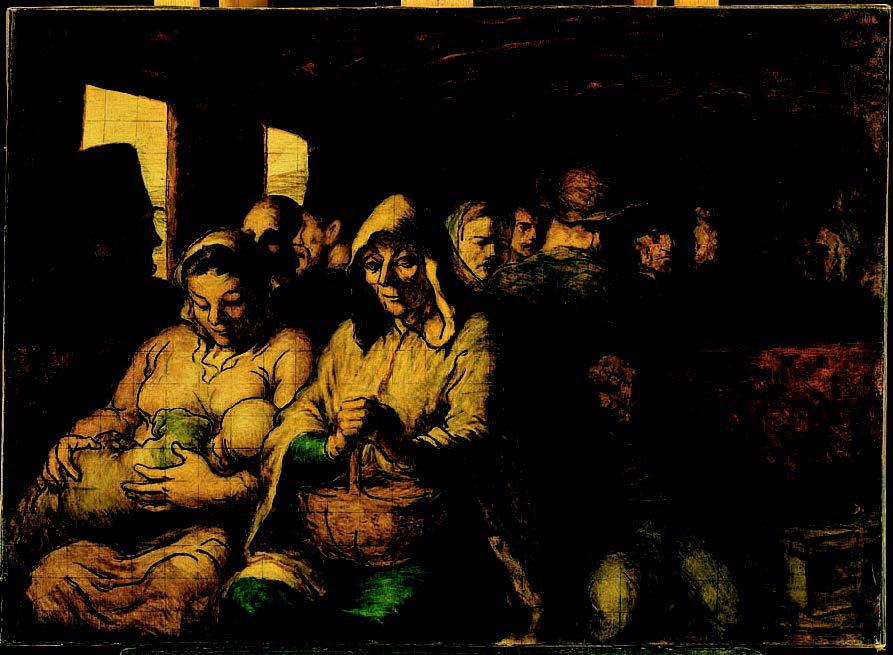
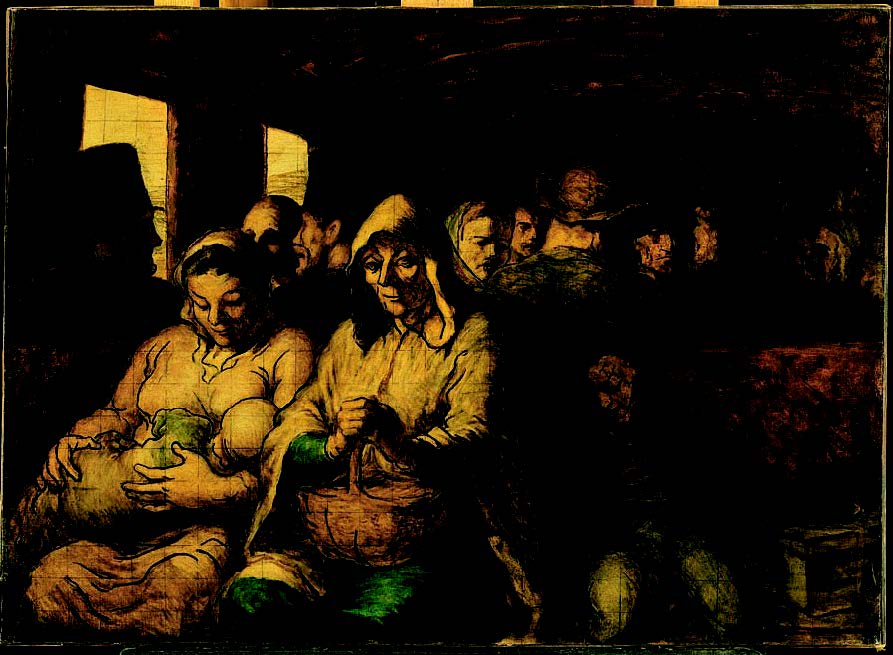
Grid around painting
To transform from small sketch to larger scale
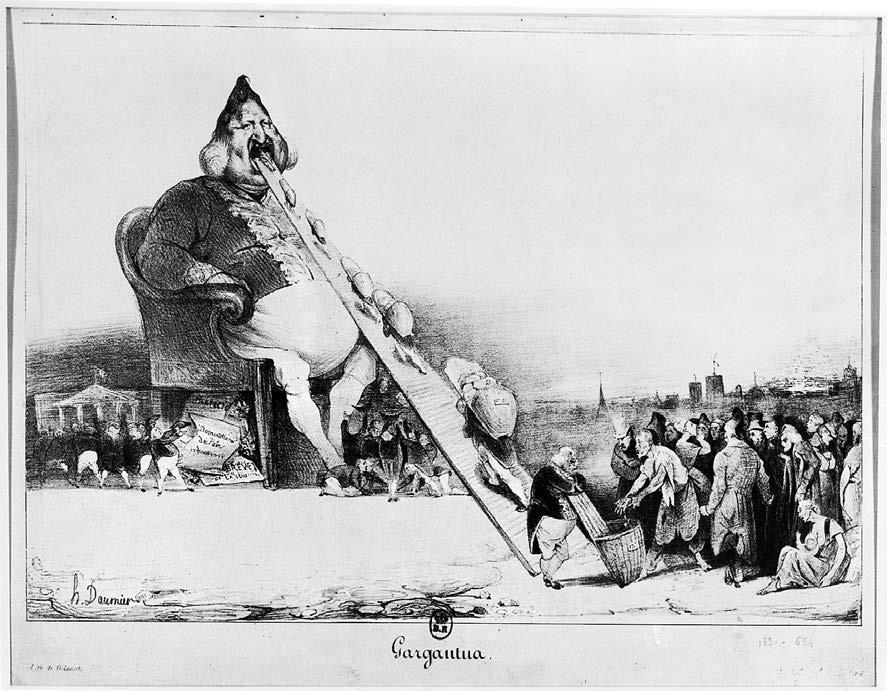
Louis Philippe as Gargantua
Honoré Daumier
Lithograph
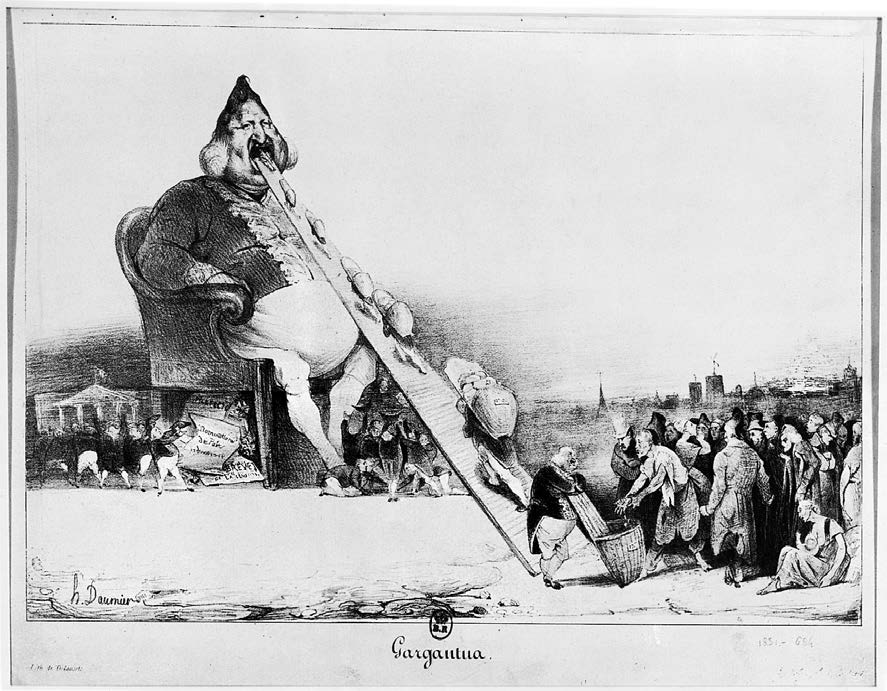
Lithography
Made on stone (lith means stone)
Greater production for newspaper
Draw on flat stone with crayon, then put water on the part we don’t want to shade, then put oil (water will resist the oil)
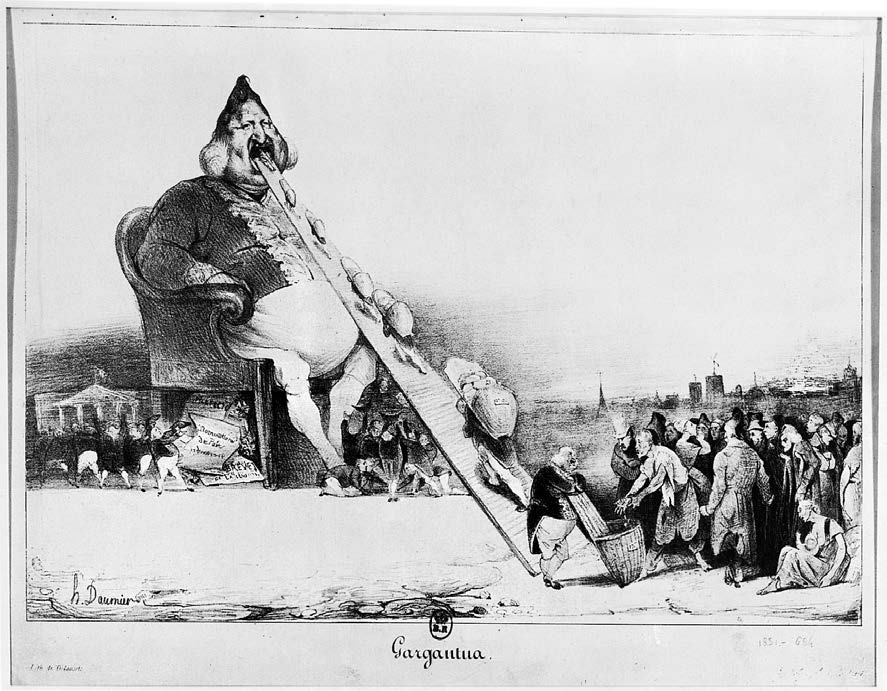
Photography
Camera means chamber
Used mirror-like surface
Silver nitrate to fix the image
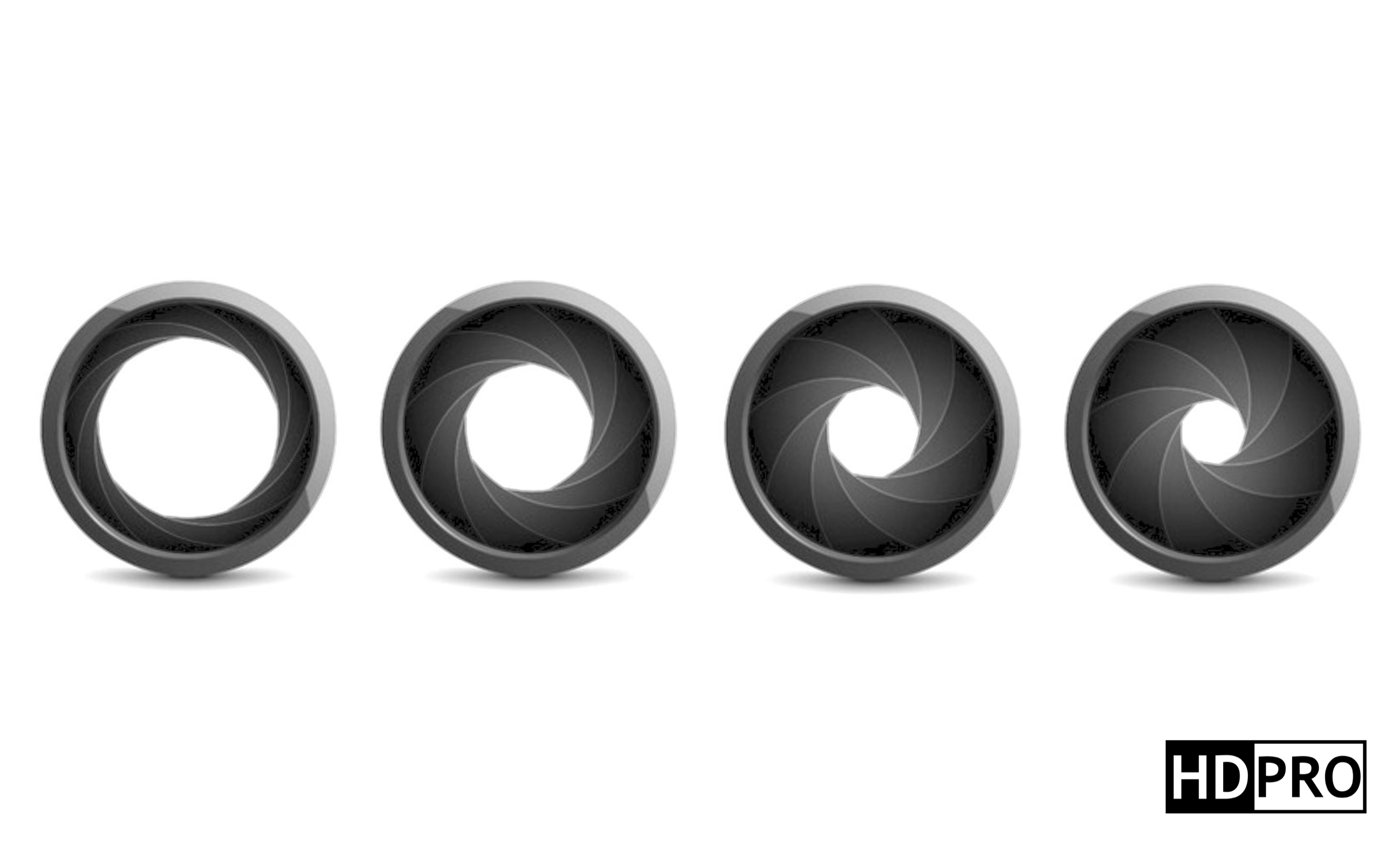
Aperture
Controls the size of the opening through which light is admitted
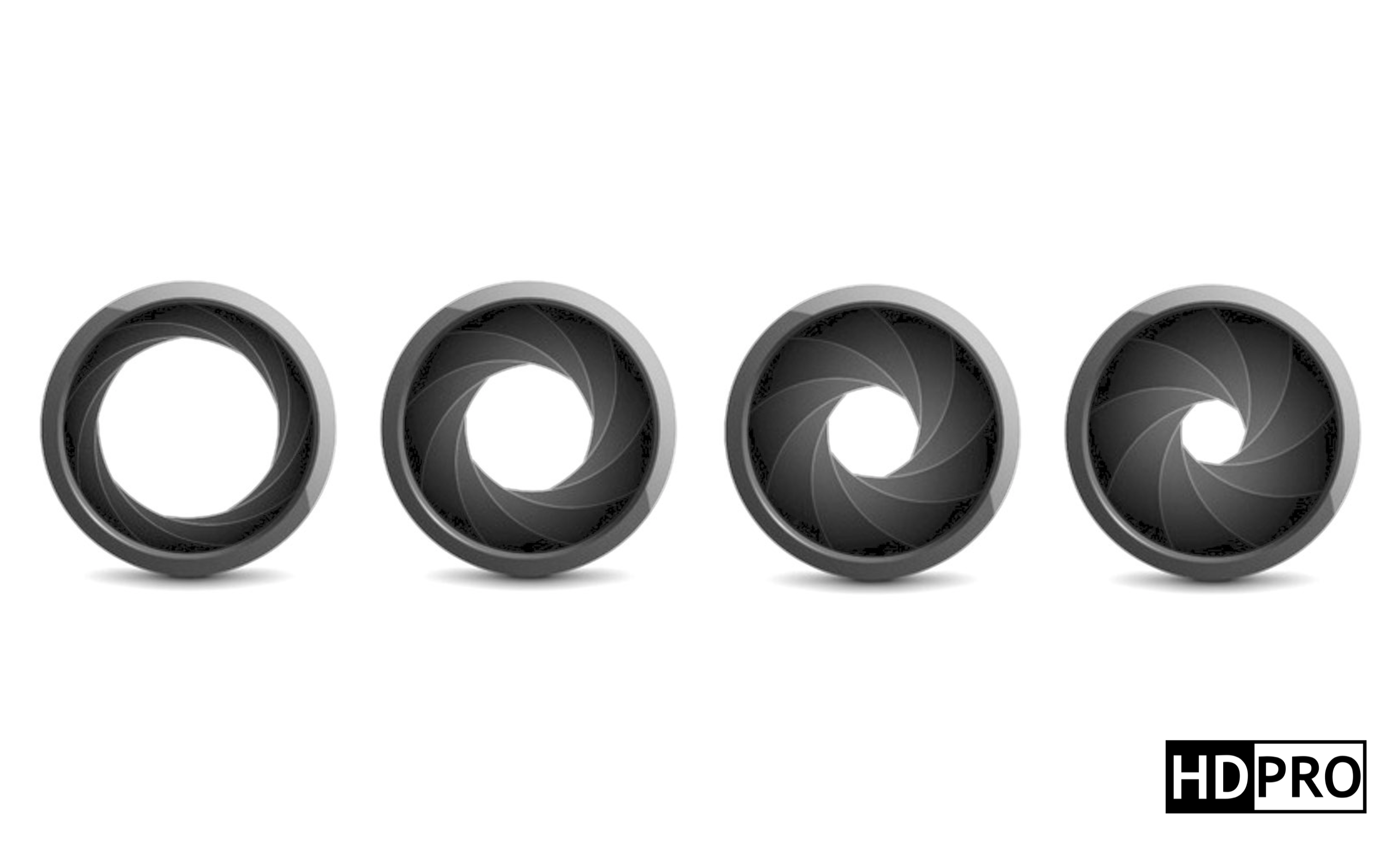
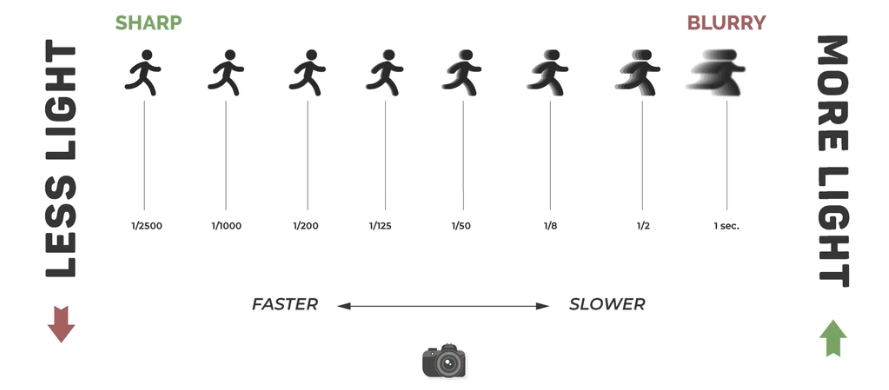
Shutter speed
Controls how long light is admitted through a lens
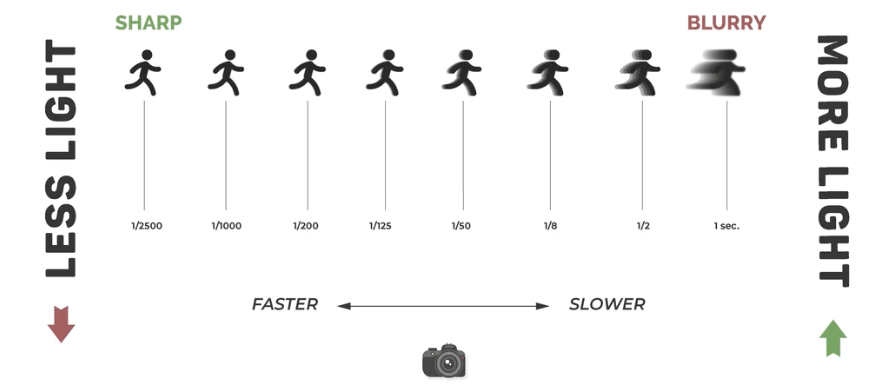
Daguerreotype
First photographic process creating a highly detailed image on a sheet of copper plated
Reversed image
Takes around 15 minutes
Fixed plate
Discovered by Louis Daguerre, improved by William fox
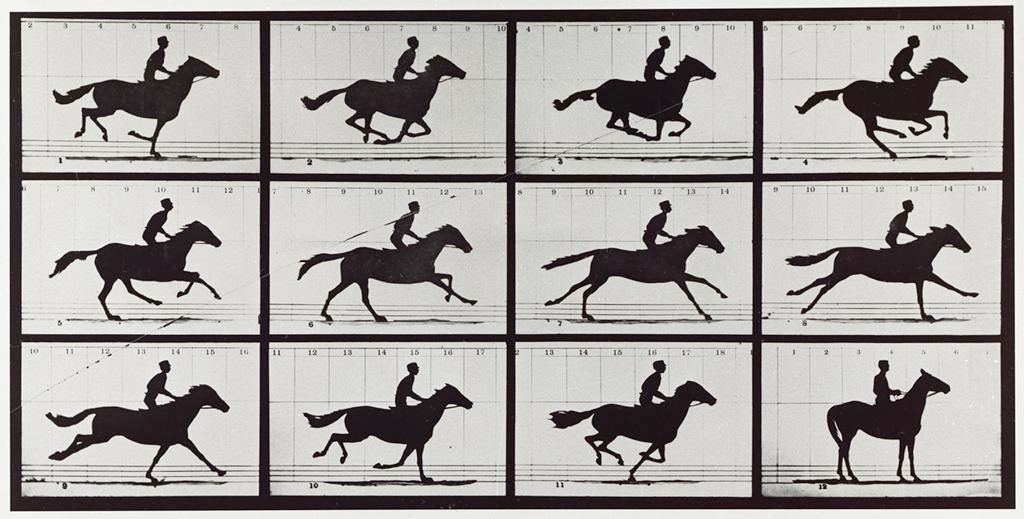
Who made photographic studies of motion (horse galloping)
Eadweard Muybridge
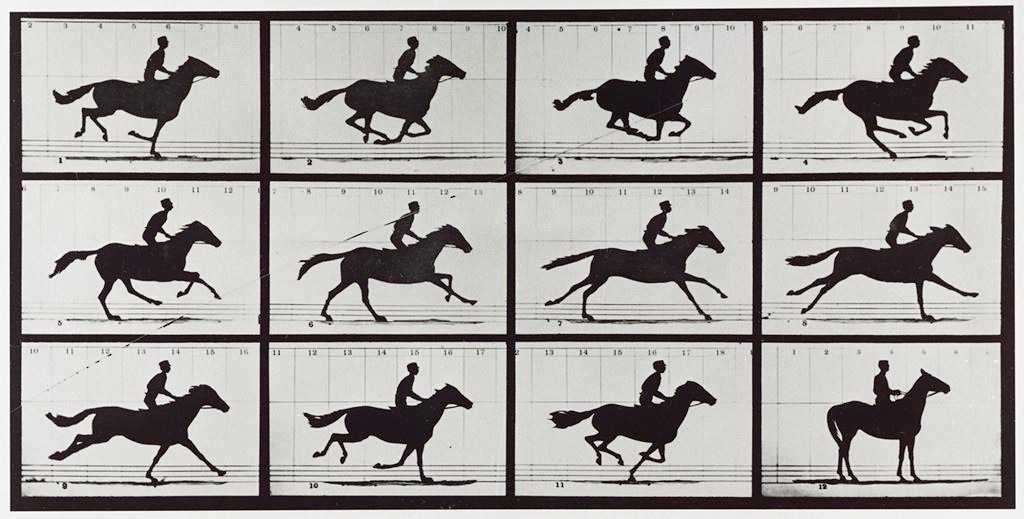
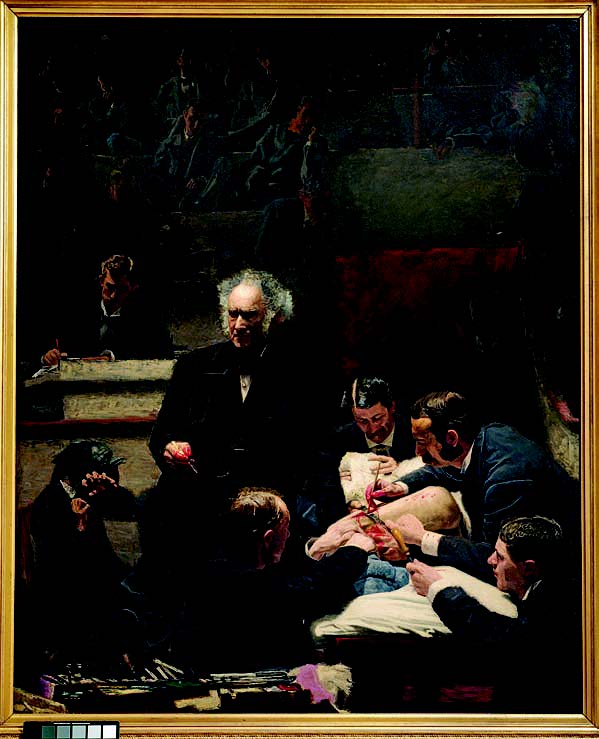
The Gross Clinic
Thomas Eakins (American realist)
Oil on canvas
Light shining on surgeon head to show enlightened mind
Realist painting
Uses atmospheric perspective
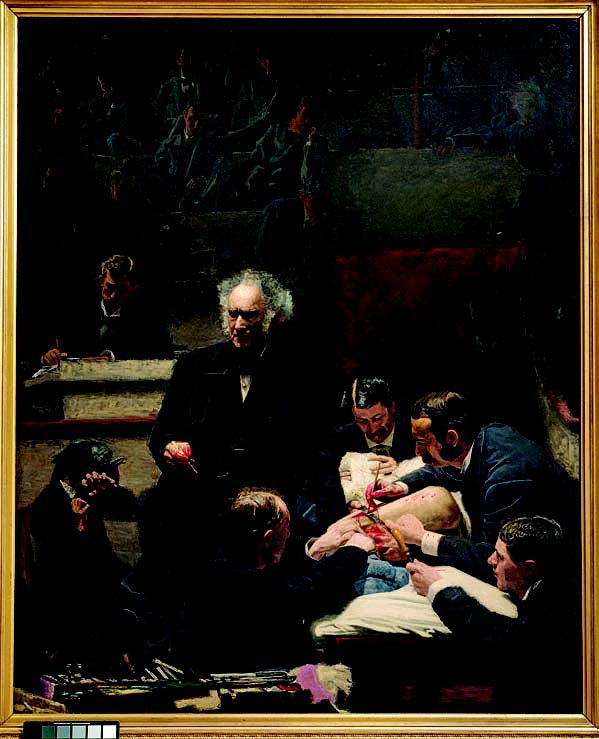
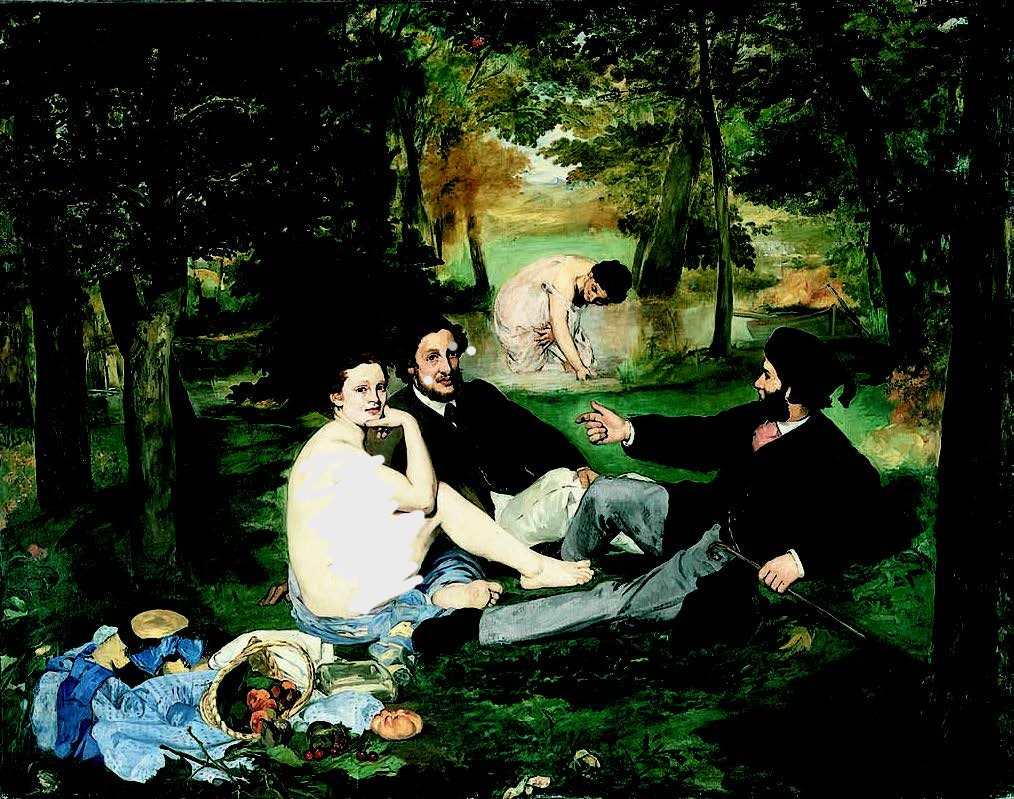
Le Déjeuner sur l’Herbe
Édouard Manet
Oil on canvas
Japanese perspective: figures of the floating worlds (Ukiyo)
Mannerist shallow spaces (woman at back of painting
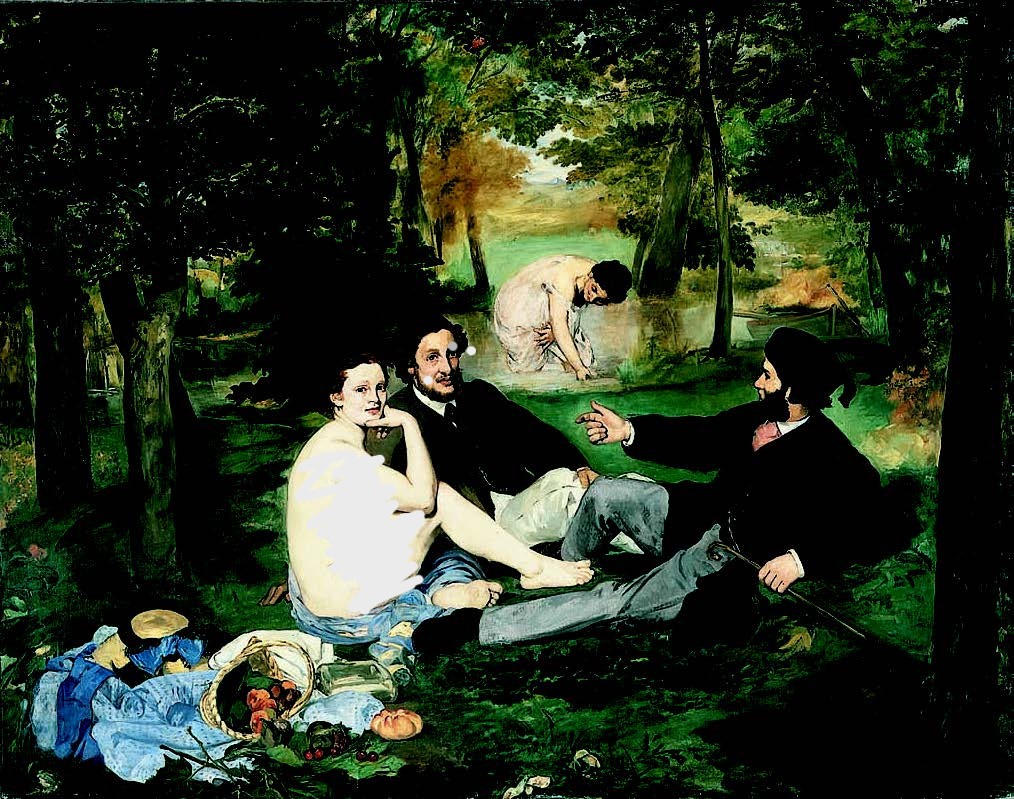
Bohemian
Unconventional lifestyle of artists
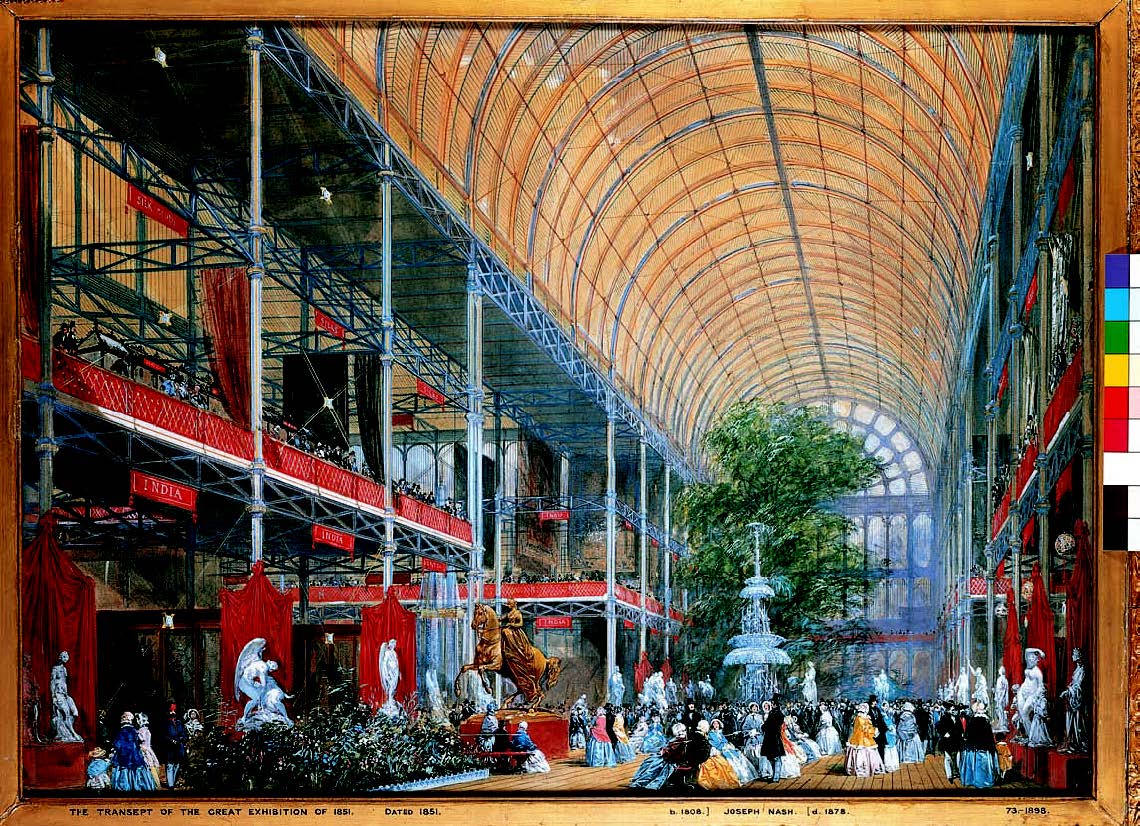
Crystal Palace
Joseph Paxton
Cast iron, wrought iron and glass
London
Used for Universal Expositions
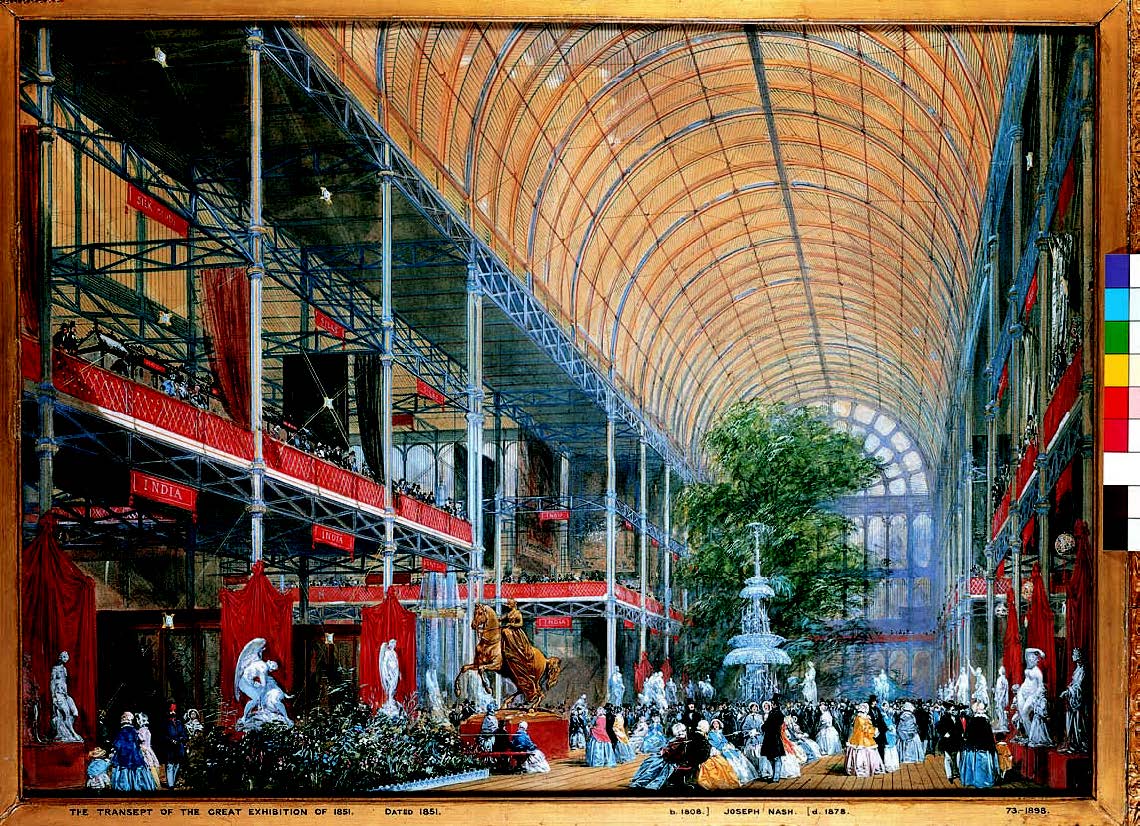
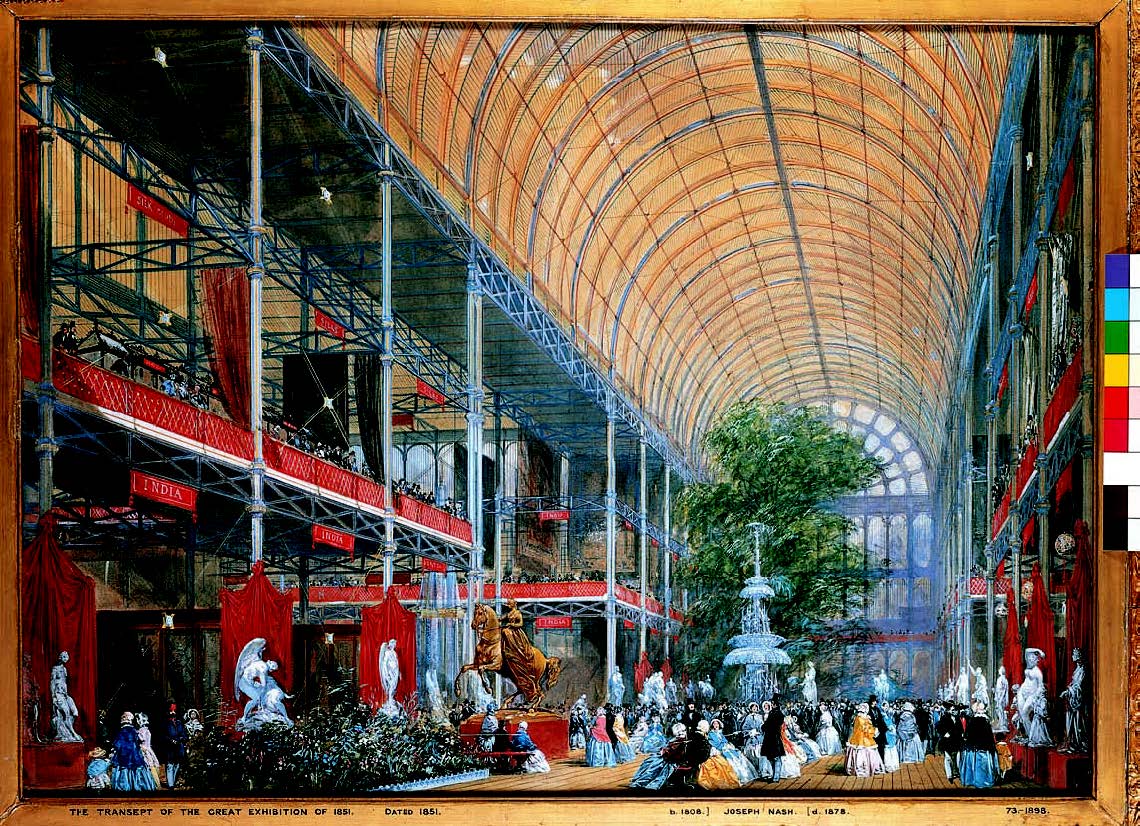
Use of iron and glass in Crystal Palace
Less expensive
Was able to be taken apart
Building was prefabricated so it was taken apart and reassembled
Iron and glass turns out to not be fireproof so building get caught on fire
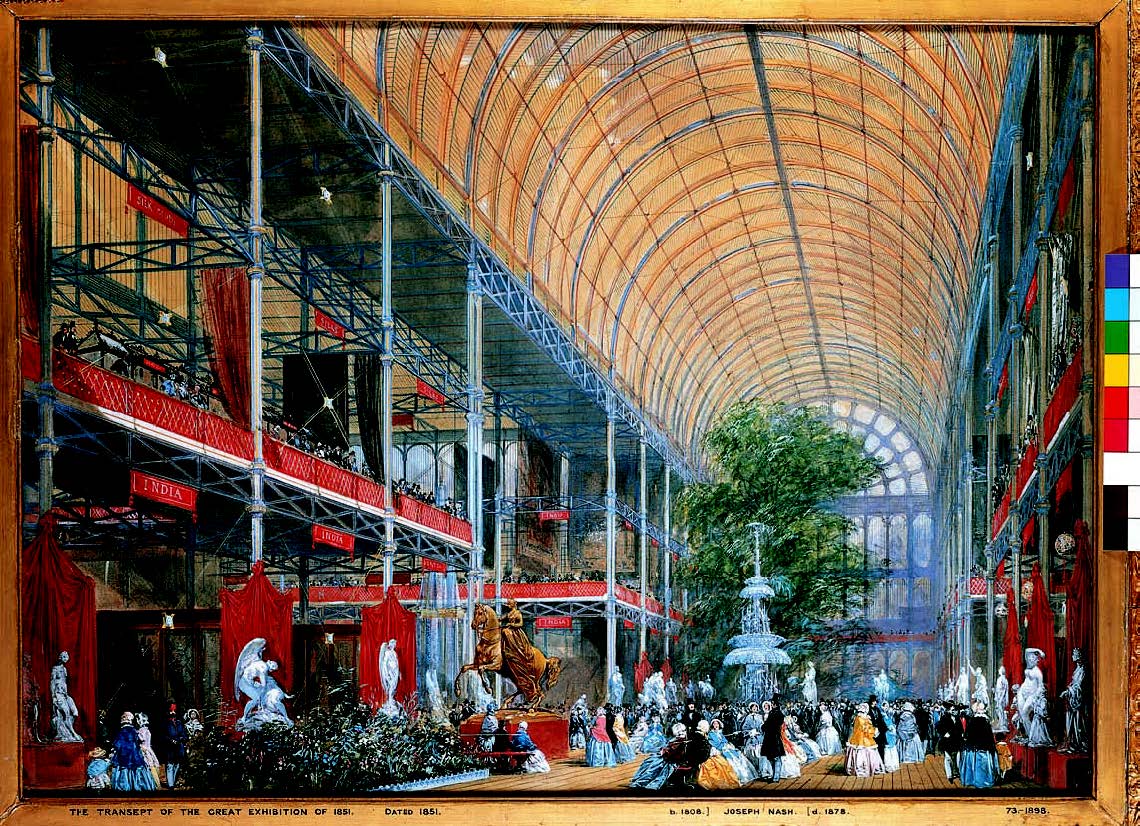
What was iron used for?
Major construction material
cast iron was used towards end of 18th century for utilitarian structures like bridges
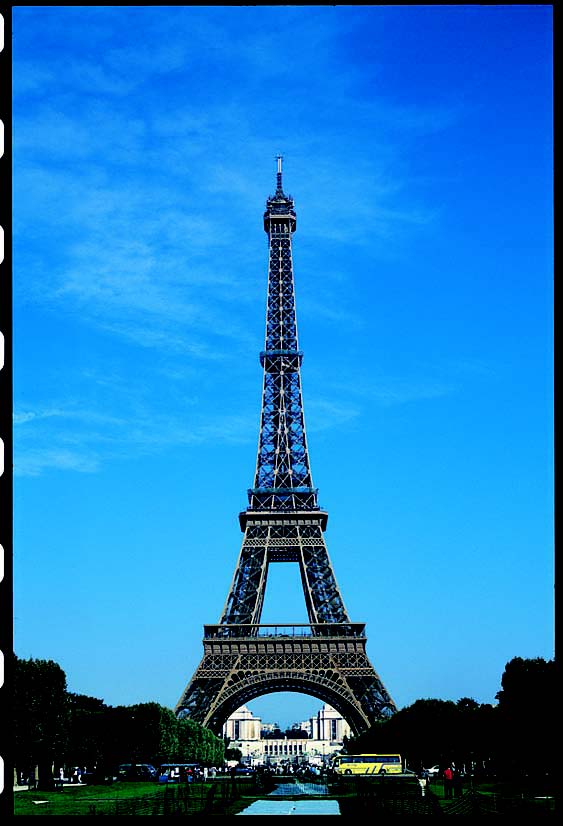
Eiffel tower
Gustave Eiffel
Wrought iron superstructure on reinforced concrete base
Paris
Saved from demolition because of its value as a
radio antenna
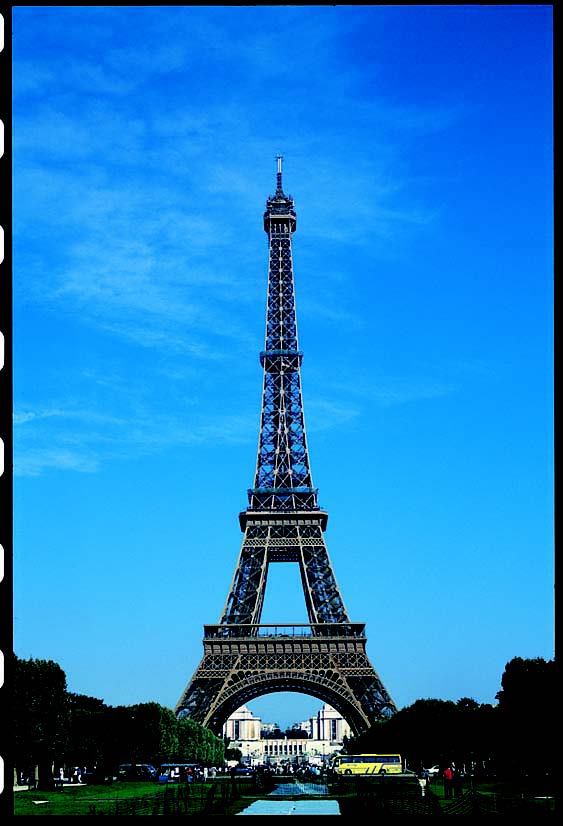
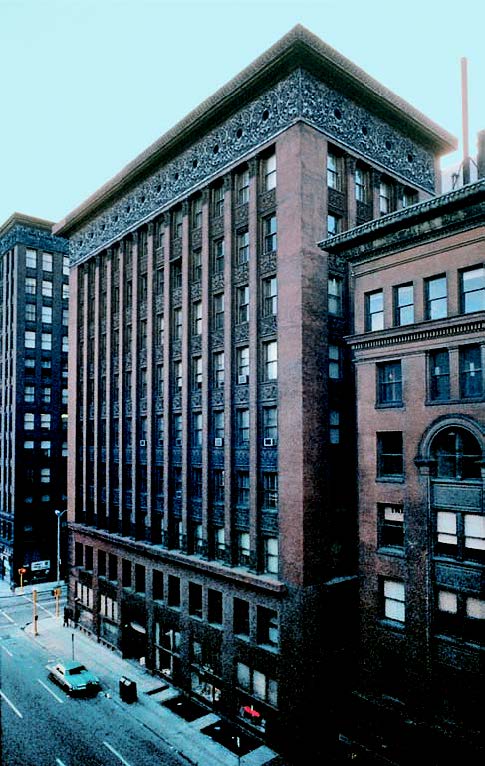
Wainwright Building
Louis Sullivan
Steel frame method of construction
St. Louis, Missouri
Walls no longer support the building –
suspended from the frame – called ‘curtain
walls’
Example of high-rise buildings
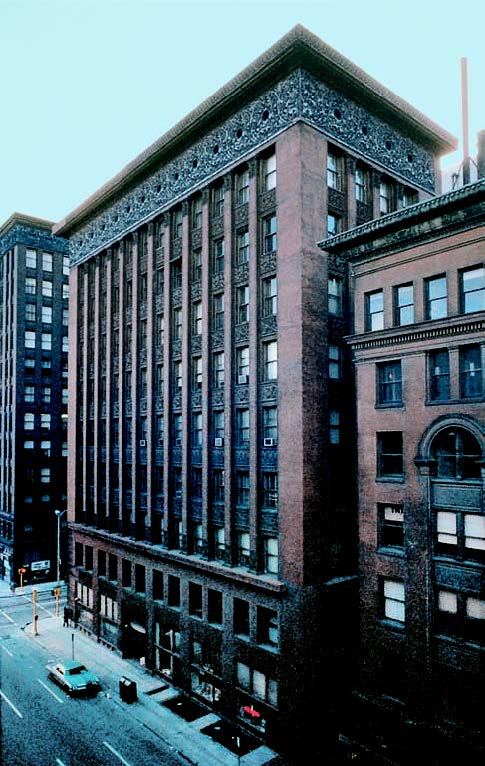
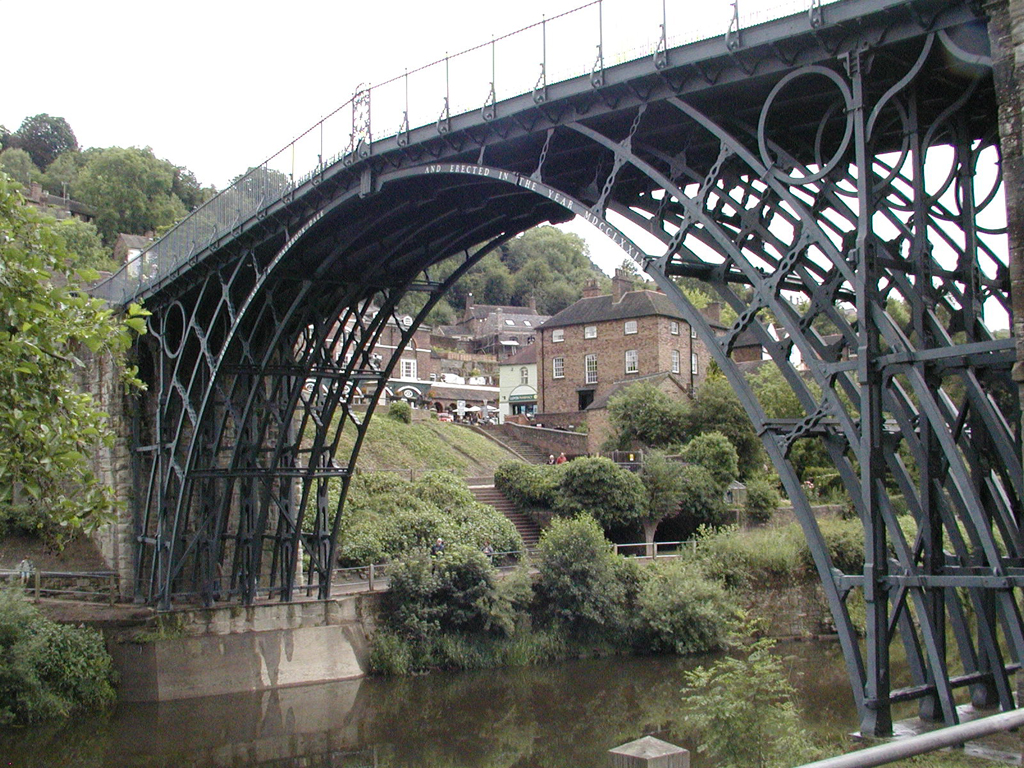
Truss / Lattice in architecture
Frame
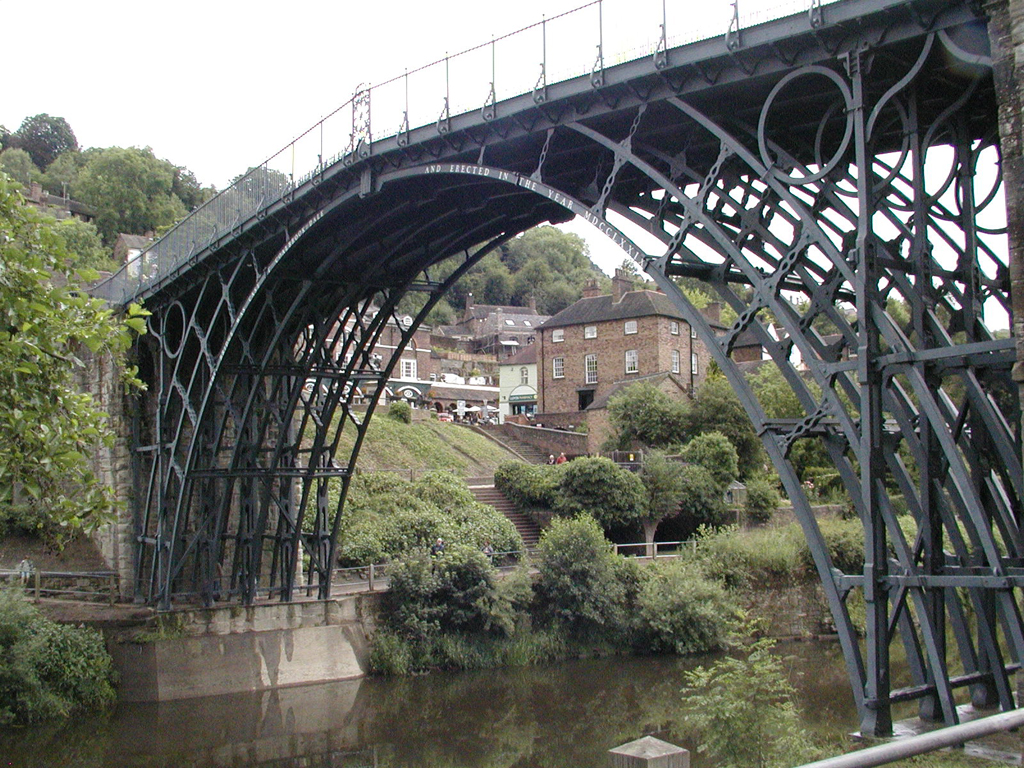
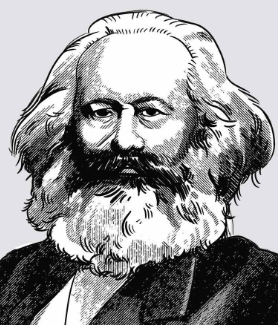
Marxism
Theory proclaimed by Karl Marx in 1848 that control of means of production by the proletariat will lead to a class-less society
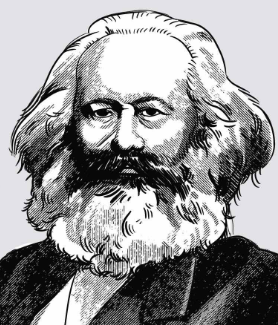
Avant-garde
(fore-front) innovators in art, modernists
New and experimental ideas and methods in art, music, or literature